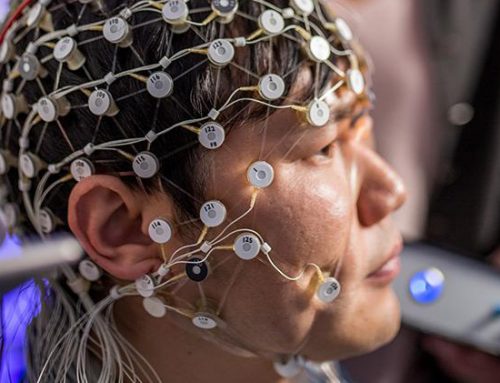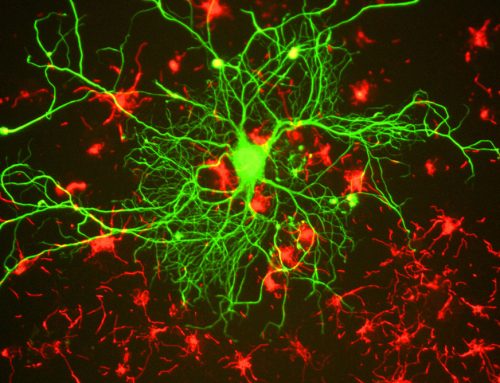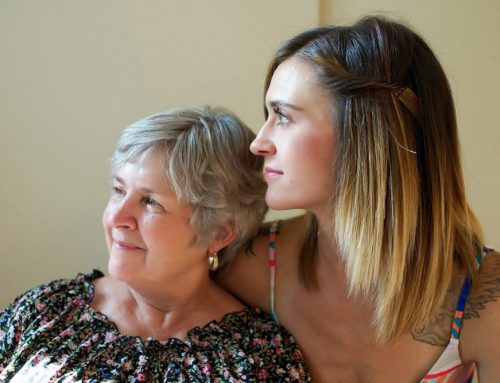Network Neuroscience of a Novel Brief Intervention for Stress and Depression Symptoms in College Students
2022 Award: $41,080
College students constantly experience stress, which may lead to various mental health problems. Psychosocial interventions are effective treatments, while the neural mechanisms underlying their therapeutic benefits remain unclear. In this study, we will record the brain activities of the client and the therapist simultaneously during the intervention. We will examine how synchronized brain activities between the client and the therapist may help explain the therapeutic benefits of psychosocial interventions.
Need/Problem: The vast majority of college students experience a high level of stress arising from academic pressure, monetary concerns, and newly gained responsibilities as young adults. Stress-related symptoms include anxiety, sleeping problems, difficulties concentrating, and a low mood. Those symptoms might persist and develop into mental disorders like depression, thus reducing the quality of life and academic performance, leading to even more stress. Psychosocial interventions are effective in reducing stress and stress-related symptoms. Therapeutic Alliance, the cooperative aspect of the client-therapist relation, is decisive for an effective psychosocial therapy. However, the network neuroscience behind therapeutic alliance and successful psychosocial interventions is unknown.
Grant Summary: In this study, we will examine the neurophysiology of psychosocial interventions and therapeutic alliance in the context of stress reduction for college students. Three types of interventions will be used: supportive counselling, psychoeducation, and yoga. Brain activities from both the client and the therapist will be simultaneously recorded using electroencephalography (EEG) to assess inter-brain synchronization during the intervention.
Goals and Projected Outcomes: This study investigates the neurophysiological inter-brain mechanisms of therapeutic alliance and its impact on therapeutic outcomes for three different psychosocial interventions. Results will provide initial evidence to obtain additional funding for a larger trial and, in the long term, to improve and augment psychosocial interventions with brain stimulation.

Mengsen Zhang, PhD

Tobias Schwippel, MD
Grant Details: Psychosocial interventions are effective treatments for stress and mental disorders. Different interventions share common therapeutic factors – one key factor is the therapeutic alliance. However, the neural mechanisms underlying therapeutic alliance and their implications for a successful treatment remain unknown. So far, synchronized brain activities have been observed during social interactions in non-clinical settings and are associated with enhanced emotional and social engagement. We hypothesize that therapeutic alliance shares the same neural mechanism underlying social engagement in non-clinical settings. Data collected in this study will provide initial evidence for the importance of specific frequencies and brain regions in which inter-brain synchronization occurs between the client and therapist.




